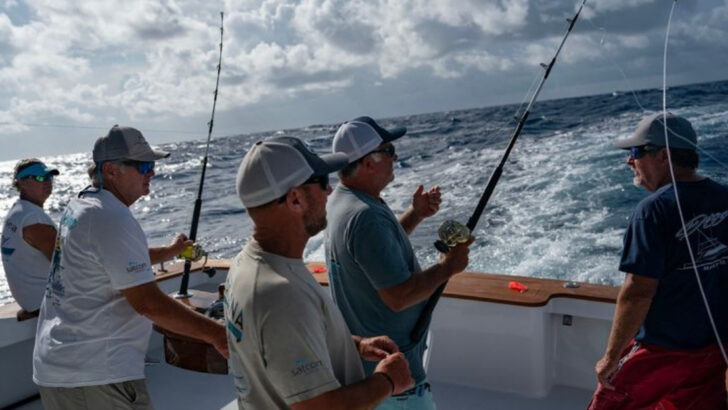Winning a fishing tournament isn’t just about luck—it’s war on the water.
The clock ticks. The pressure’s real. And while most weekend warriors are casting blindly, the true pros are five steps ahead—reading the wind, stalking the baitfish, and pulling off moves that look like magic to the untrained eye.
You won’t find these secrets in a beginner’s guide or on the back of a bait package. These are the closely guarded tactics that separate the champions from the chasers—the kind of strategies whispered dockside or passed between mentors like heirlooms.
So if you’re ready to learn how the top anglers really stack their live wells while everyone else is still tying their first knot, you’re in the right place. Let’s lift the veil on the fish-whispering, rule-bending, game-winning techniques that dominate the tournament scene.
Pre-Tournament Reconnaissance
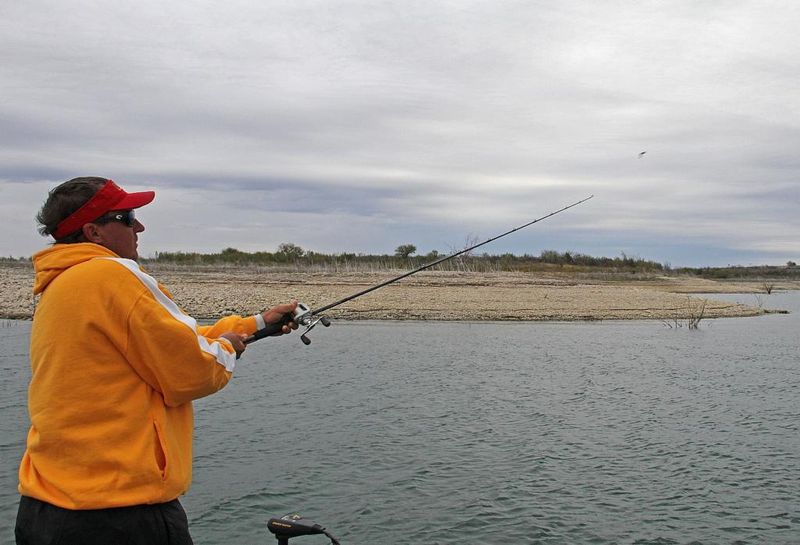
Every successful angler knows that the path to victory begins long before the tournament starts. Spending time on reconnaissance can reveal hidden spots where fish are likely to gather. Using maps and technology to pinpoint promising locations is crucial.
By observing water conditions and fish behavior, anglers can tailor their strategies effectively. Preparation is key, ensuring they arrive equipped with the right gear and techniques for the day. This meticulous planning often makes the difference.
Moreover, understanding local regulations and environmental factors can prevent costly mistakes. Such groundwork lays a solid foundation for success.
Mastering Bait Techniques
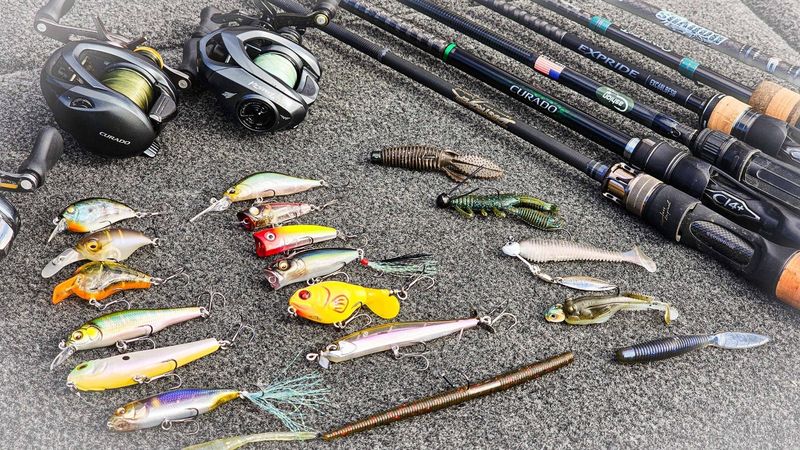
The right bait can be a game-changer in fishing tournaments. Top anglers experiment with different baits to understand what attracts fish on any given day. It’s not just about choosing the right type but also about presentation.
Adjusting bait coloration and size to match the environment can increase the likelihood of a catch. Skilled anglers are adept at using live bait and lures with finesse. This mastery leads to consistent results.
Furthermore, keeping bait fresh and lively is essential. An angler’s ability to adapt their bait strategies can often outsmart the competition.
Advanced Casting Skills
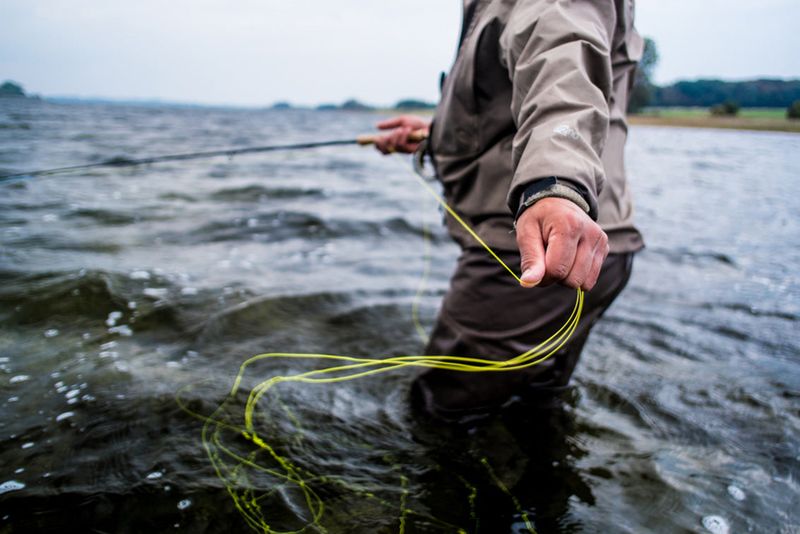
Casting is more than just a basic skill; it’s an art form that seasoned anglers perfect. With precision and control, they can place their bait exactly where they want it, even in challenging conditions.
Mastery over various casting techniques, like flipping, pitching, and roll casting, gives anglers an edge. Each method offers specific advantages, depending on the environment and target species.
Effective casting minimizes disturbances in the water, keeping fish from being spooked. Anglers who invest time in honing these skills can significantly improve their catch rates.
Understanding Fish Behavior
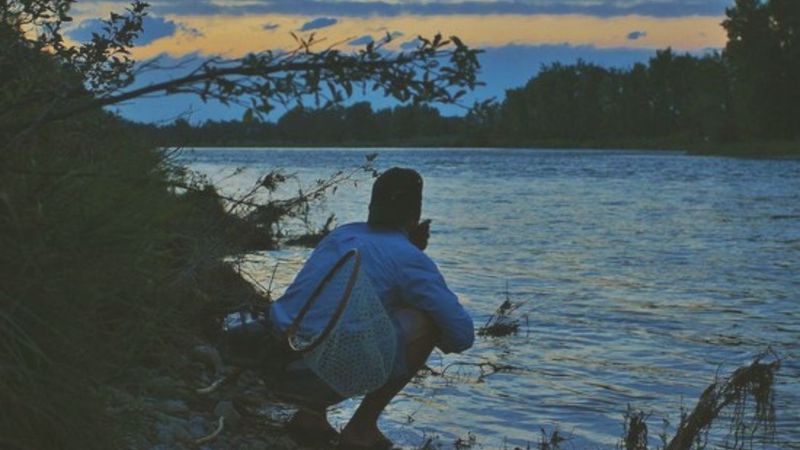
Top anglers possess a deep understanding of fish behavior and biology, which guides their strategies. Knowing how fish respond to changes in water temperature, light, and pressure helps them predict movements.
This knowledge allows them to adjust their techniques and timing, increasing their chances of success. By observing fish feeding patterns, anglers can choose the right times to cast their lines.
Drawing from scientific insights, they adapt to the nuances of different species, making informed decisions. This expertise turns the complex task of catching fish into a predictable science.
Weather and Water Reading
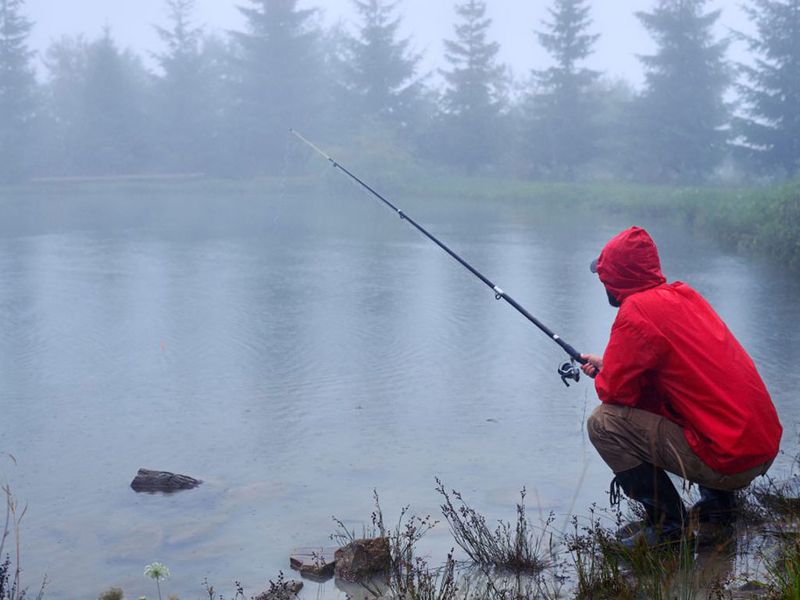
Weather plays a pivotal role in fishing success, influencing fish activity and behavior. Top anglers develop the ability to read weather patterns and understand water conditions.
By interpreting wind speeds, barometric pressure, and cloud cover, they can strategize effectively. This knowledge helps them decide the best times to fish and which techniques to use.
Additionally, understanding how water temperature and clarity affect fish can lead to smarter choices on bait and location. An angler who masters these elements can adapt swiftly to changing conditions, maximizing their success.
Adapting to Different Environments
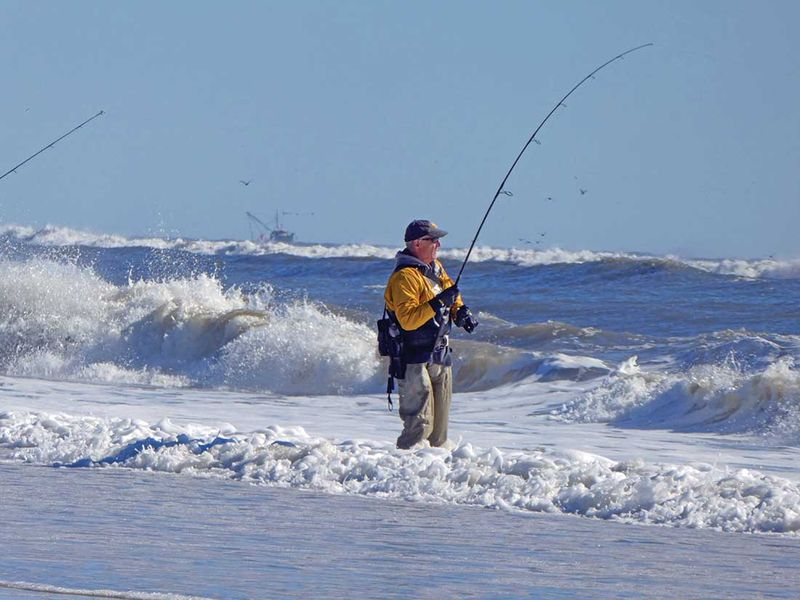
Versatility is a hallmark of tournament champions. Being able to adapt to different environments, whether it’s a tranquil lake or a challenging river, is vital. Top anglers adjust their gear and tactics to suit the surroundings.
This adaptability requires a vast knowledge of diverse water bodies and the species inhabiting them. It’s about blending local insights with broad experience to make smart decisions on the fly.
By embracing the uniqueness of each location, anglers can exploit opportunities that others might overlook, gaining a competitive edge in any setting.
Equipment Optimization
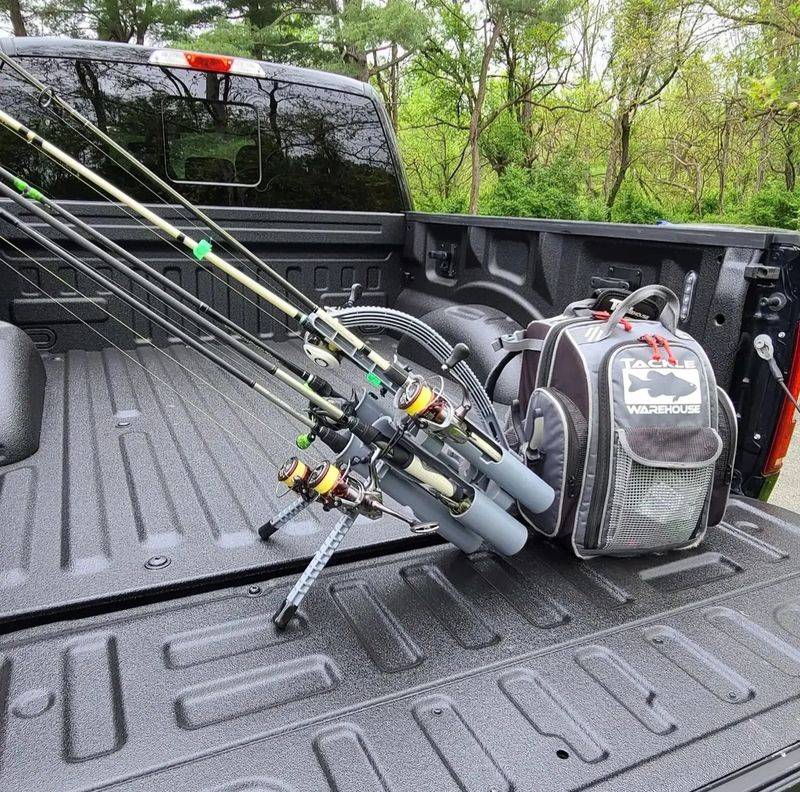
Success in fishing often hinges on the optimization of equipment. Savvy anglers know how to customize their gear, ensuring it meets the demands of each tournament.
From selecting the right rod and reel combinations to tweaking tackle setups, every detail matters. This meticulous approach reduces the risk of equipment failure at critical moments.
The ability to repair and adjust gear on the spot is also crucial. Having a versatile, reliable setup allows anglers to focus on strategy rather than technical issues, enhancing their performance under pressure.
Mental Preparedness
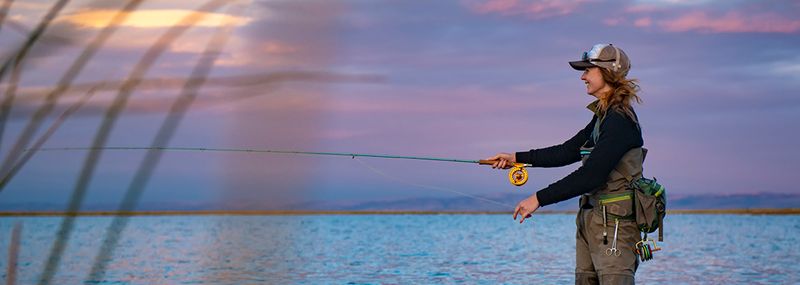
Mental strength is a key factor in tournament success. Anglers who cultivate focus, patience, and resilience can maintain peak performance throughout the competition.
Techniques such as visualization and meditation help them stay calm and clear-headed, even when faced with challenges. This mental edge prevents frustration and rash decisions, common pitfalls in high-pressure situations.
The ability to quickly recover from setbacks and maintain confidence is essential. Anglers who prioritize mental preparedness often find themselves performing consistently at their best.
Networking and Local Insights
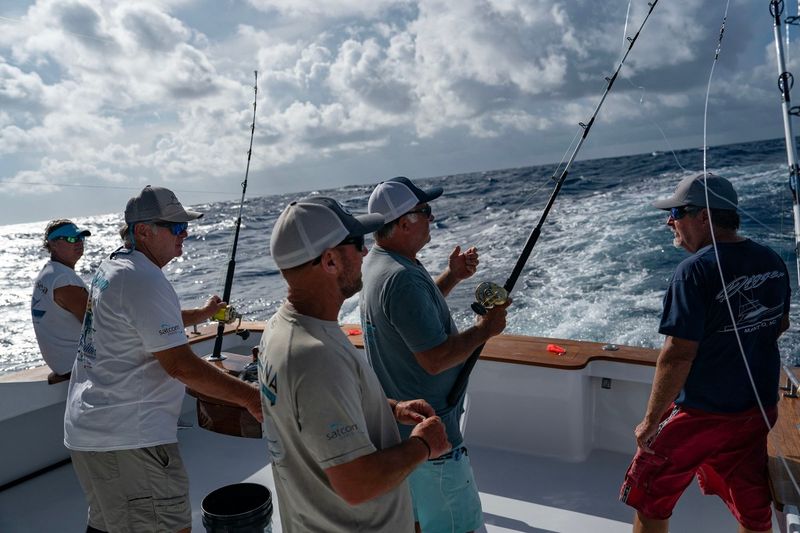
Winning isn’t just about skill; it’s also about connections. Top anglers build networks with local fishermen and community members to gather insights that aren’t available in guidebooks.
These interactions can reveal hidden hotspots and local legends that provide a competitive advantage. By tapping into the collective knowledge of those who know the waters best, anglers can enhance their strategies.
Moreover, showing respect and building relationships within the community fosters goodwill, sometimes leading to invaluable tips and guidance. Such collaborations often lead to surprising breakthroughs.
Conservation Practices
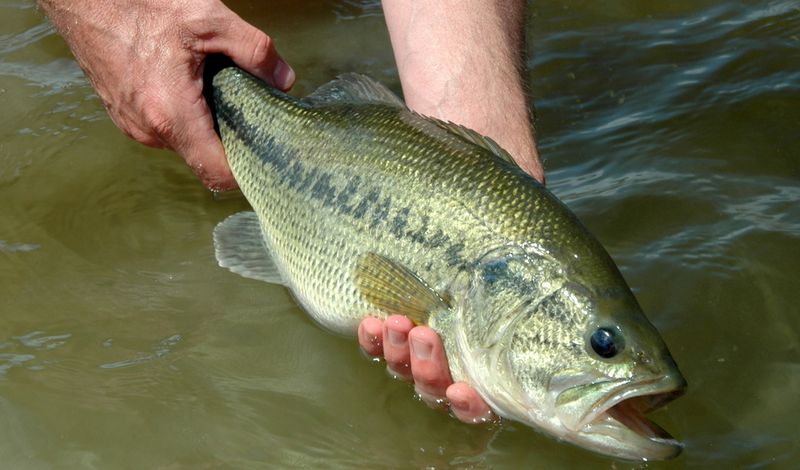
Sustainable fishing practices are vital for the future of angling sports. Top competitors prioritize conservation, understanding that healthy ecosystems support abundant fish populations.
By practicing catch and release and using eco-friendly gear, anglers contribute to preserving aquatic environments. This commitment to sustainability reflects respect for nature and ensures tournaments can continue for future generations.
Educating others about conservation also builds a positive reputation, impacting the angler’s standing in the community. These practices not only benefit the environment but also enhance the sport’s integrity.
Continuous Learning and Innovation
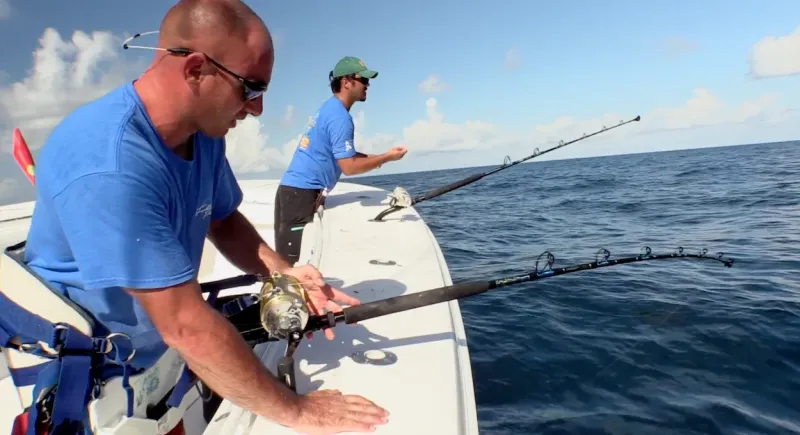
The world of fishing is always evolving, with new techniques and technologies emerging. Successful anglers stay ahead by continually learning and innovating.
Attending workshops, engaging in online forums, and experimenting with new gear keeps them at the forefront of the sport. This dedication to growth allows them to adapt to changes and embrace cutting-edge methods.
Moreover, sharing knowledge with peers fosters a collaborative environment where innovation thrives. Anglers who commit to lifelong learning often find themselves leading the way in fishing tournaments.

